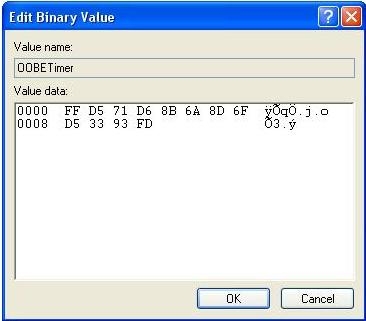

HKEY_LOCAL_MACHINE\SOFTWARE\Microsoft\Windows NT\CurrentVersion\Winlogon\Notify\Antiwpa (PUP.Wpakill) -> Quarantined and deleted successfully. I can't even start the pc in safe mode with networking without it asking for this key.Ĭ:\WINDOWS\system32\antiwpa.dll (PUP.Wpakill) -> Delete on reboot. I wish I hadn't have run Mbam in the first place as the pc was at least working without it. Removing this does not solve the problem. I ran a quick and full scan and there was one file infected. I went on Mbam (in safe mode) but there is nothing to restore now. I tried logging on today and now it's asking for this windows activation key. I restored all the infected files and restarted the pc and it was working fine. I restarted the pc in safe mode and went onto to Mbam. This copy of windows xp was a pre released test version so I don't have the key. Then when I went to restart my pc on the restart it was asking for a windows activation key. It came up with several infections so I selected everything and clicked 'remove selected'. I was doing the 7 step guide for the pc at my parents' home. Yes Windows XP has arguably been Microsoft’s greatest success, but its troubled legacy is fast becoming the company’s Achilles Heel. Surely this should also be a paid option for users who wish to stay safe, but can’t afford new hardware or fear the leap to a free Linux alternative like Ubuntu.

Following the controversial ‘Update 1’ patch Windows 8.1 is actually a very good operating system, but its reputation is irreparably damaged.įurthermore, while it is fair to stop providing a free warranty service for a 12 year old OS, Microsoft is offering military and government organisations a paid service to keep their Windows XP computers safe as part of a scheme dubbed ‘Clandestineįox’. Microsoft also hasn’t helped its case after releasing misleading data earlier this month suggesting Windows XP is safer than Windows Vista and Windows 7.Įither way Microsoft is left in a tricky situation. This is a fair point given the age of Windows XP, but countered by the fact 1-in-4 PCs still use it. The cynical viewpoint is Microsoft would prefer users to move to a newer operating system so closing the loophole would be in its interest.

The optimistic viewpoint is Windows XP’s end of life status should mean it receives no future software updates so Microsoft would have to make another U-turn to close the loophole. Secondly – and most importantly - it is impossible to say whether these hacks will keep working until support ends for Windows Embedded Industry in 2019 or if Microsoft will close this loophole. Firstly the updates are designed for Windows Embedded Industry not Windows XP and while that should not matter, it is possible there may be some compatibility issues.


 0 kommentar(er)
0 kommentar(er)
